Russia’s Two Minds on Ukraine
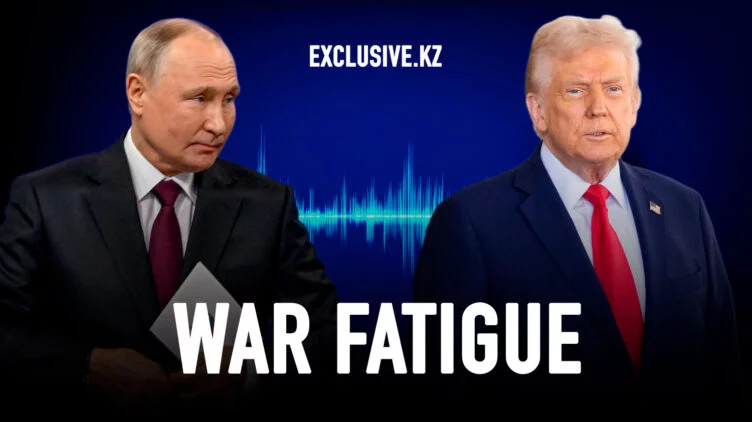
The double-headed eagle that dominates Russia’s coat of arms holds many meanings, from signifying a historical connection to the Byzantine empire to acknowledging the influence of the vast country’s eastern and western regions. Following the recent meeting between Russia and Ukraine in Istanbul, and Russian President Vladimir Putin’s subsequent phone conversation with US President Donald Trump, the eagle’s two heads is also a reminder of the country’s two minds, pulling it in opposing directions – and, potentially, tearing it apart.
Putin has, at long last, secured the upper hand in the Ukraine war. Russian troops are making (admittedly slow) progress toward seizing full control of the regions Russia claimed as its own in September 2022: Donetsk, Kherson, Luhansk, and Zaporizhzhia. The country is achieving this despite unprecedented sanctions and many billions of dollars in Western support for Ukraine. Putin has thus sent a clear message to the West and any would-be challenger: never underestimate Russia. There has never been a better time to end the fighting.
Yet, in the first direct talks between the two sides since the beginning of the war, held in Istanbul last week, the Russian delegation issued a list of harsh demands, which Ukraine was certain not to accept – and threatened to “wage war forever.” Don’t forget, the head of the delegation cooly noted, Russia fought Sweden for 21 years in the 1700s. When the talks ended after just a couple of hours, the Russian stock market fell, in what amounted to a clear rebuke from investors.
On May 19, Putin essentially confirmed his delegation’s demands in the two-hour conversation with Trump. But while he and Trump were still talking, investors were optimistic about the hopeful outcome, predicting a dollar at 78 rubles (until recently it was over 100).

Most ordinary Russians also want the war to end. While few would dare risk arrest by calling for peace openly, the independent Levada Center reports that some two-thirds of the population do not think that military action should continue, with 48% ranking war among their worst fears. Up to 47% of Russians believe the Ukraine war has done more harm than good.
Years of war and sanctions have transformed life in Russia for the worse. People used to have savings; today, they spend whatever they can get their hands on, and even take out loans. According to the research firm Romir, the average Russian household spent 8,098 rubles ($100.29) on food and everyday goods between May 5 and 11, compared to 6,080 rubles in the same week of 2023. The increase highlights not only the high inflation Russia has endured since the war started, but also uncertainty about the future. People are so afraid of what tomorrow holds, they are trying to live as well as possible today.
But living “as well as possible” is not the same as living well. Consider vacations. Local tourism is most Russians’ only option, given stringent sanctions on foreign travel, not to mention the weak ruble. But the Black Sea coastline, typically a popular holiday destination, has been inundated with heavy fuel oil. Little wonder that even official opinion polls – always unreliable in autocracies – show that only around 40% of Russians believe that their lives will get better in the next few years.
And this is to say nothing of the specter of conscription. Putin likes to claim that, unlike Ukraine, Russia does not need to “catch” people in the streets to send into battle; it has 50,000-60,000 volunteers showing up to fight every month. But those “volunteers” are actually paid or coerced by regional leaders, who are given quarterly quotas from the Kremlin.
Those leaders are acutely aware that war fatigue is setting in. In a recent interview, Oleg Kozhemyako, the governor of the Primorsky region in Russia’s Far East, admitted as much, noting that the mammoth sums being spent on the war – instead of on improving people’s lives – are exacerbating popular discontent. While emphasizing his own patriotic commitment to the cause, Kozhemyako lamented the massive drain on his region’s resources. Not only is Primorsky’s government struggling to finance basic services like health care and transport; Kozhemyako’s comments indicated that the region – a leading supplier of soldiers for the Ukraine war – can no longer keep pace with the Kremlin’s demands for manpower.
And yet the Kremlin remains as conflicted as that double-headed eagle. An end to the Ukraine war might bring about a wave of euphoria that bolsters support for Putin. But if a peace agreement comes too soon, that euphoria could dissipate before the September 2026 parliamentary election, replaced by discontent over the sorry state of the Russian economy and the declining well-being of most Russians. How can Russia’s leaders – from Putin to regional governors – maintain order (and their own positions), when they can no longer use external threats to distract their constituents from the harshness of their lives?
For now, the ruling party, United Russia, is still debating how best to position itself for next year’s election: as the “party of victory,” using the ongoing war to try to consolidate a sense of patriotism, or as the “party of peace and development,” which heroically ended the fighting. But the choice might not come down entirely to shrewd electoral calculations. For Putin, any peace agreement – however advantageous – implies weakness. Great powers do not negotiate; they subjugate.
Copyright: Project Syndicate, 2025.

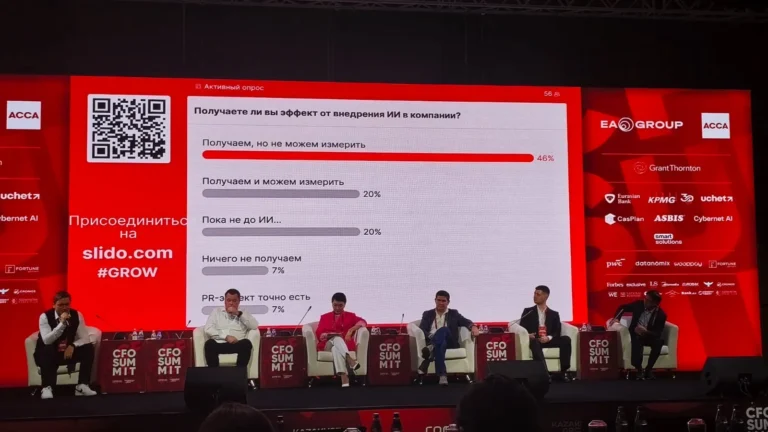
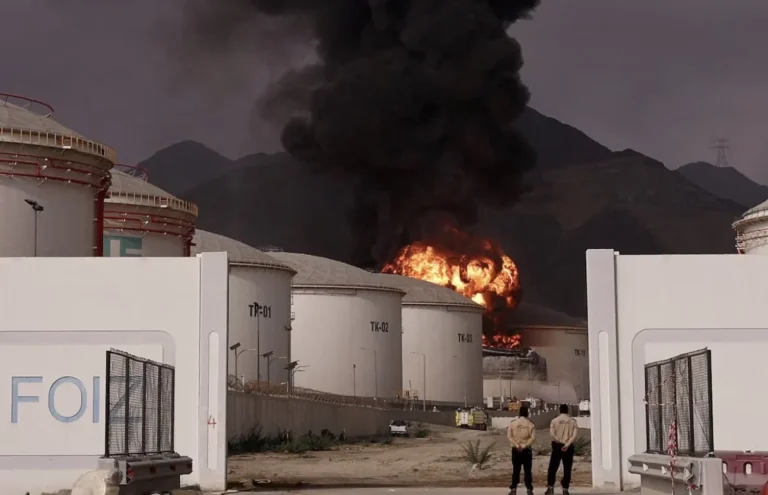
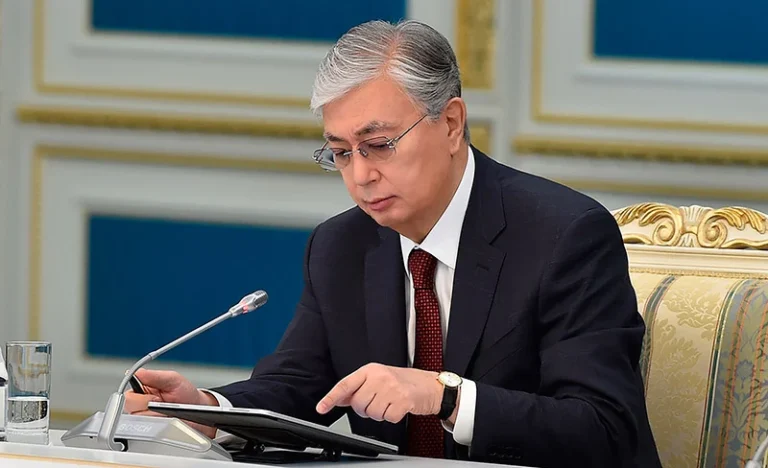
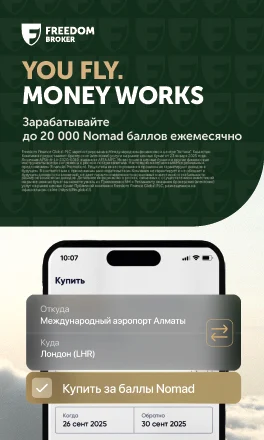
Все комментарии проходят предварительную модерацию редакцией и появляются не сразу.